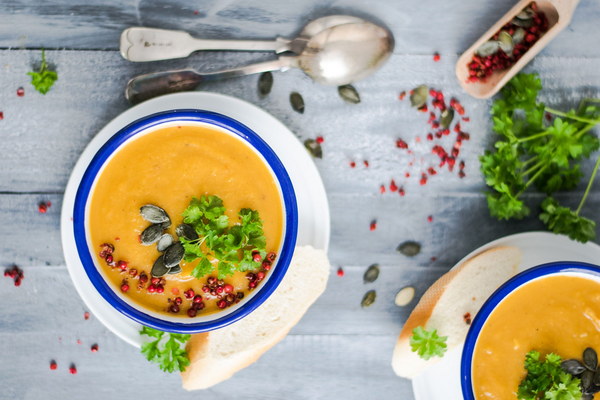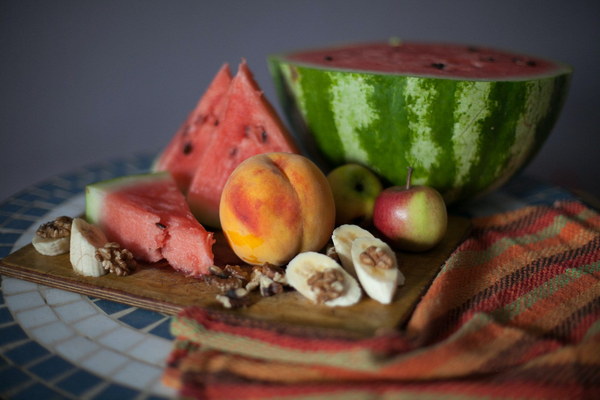Is Herbal Tea Considered a Strong Brew Exploring the Debate
Introduction:
Herbal tea has gained immense popularity in recent years as a healthier alternative to traditional black or green tea. However, one question that often arises is whether herbal tea can be considered a strong brew. In this article, we will delve into the debate and explore the factors that determine the strength of herbal tea.
1. What is Herbal Tea?
Herbal tea, also known as herbal infusions, is made by steeping dried herbs, flowers, fruits, or spices in hot water. Unlike black or green tea, herbal teas do not contain caffeine and are often used for their various health benefits, such as relaxation, digestion, and immune support.
2. The Strength of Herbal Tea
The term strength in the context of tea usually refers to the concentration of flavor and caffeine content. When it comes to herbal tea, the strength can be influenced by several factors:
a. Quality of Ingredients: High-quality herbal teas, with fresh and potent ingredients, tend to have a more robust flavor. Conversely, lower-quality teas with weakened ingredients may have a milder taste.
b. Steeping Time: The longer you steep herbal tea, the stronger it becomes. Generally, a steeping time of 5-7 minutes is recommended for most herbal teas, but some may require longer or shorter durations.
c. Quantity of Tea: The amount of tea leaves or herbs used can also affect the strength. Using more tea leaves or herbs will result in a stronger flavor.
3. Is Herbal Tea Considered a Strong Brew?

The answer to this question is not straightforward and depends on personal preference and the specific herbal tea in question. Here are some points to consider:
a. Caffeine-Free: Since herbal teas do not contain caffeine, they cannot be classified as strong brews in the traditional sense. The term strong usually refers to the caffeine content in black or green tea.
b. Flavor Intensity: Some herbal teas have a robust flavor that can be considered strong, especially when steeped for an extended period. For example, chamomile or ginger tea can have a strong and distinct taste when properly brewed.
c. Personal Preference: The perception of strength can vary among individuals. Some people may find certain herbal teas to be strong, while others may enjoy them for their mild flavor.
Conclusion:
In conclusion, herbal tea is not considered a strong brew in the traditional sense due to its caffeine-free nature. However, the strength of herbal tea can be influenced by factors such as the quality of ingredients, steeping time, and quantity of tea leaves. Ultimately, the perception of strength is subjective, and it is essential to consider personal preference when enjoying herbal tea.

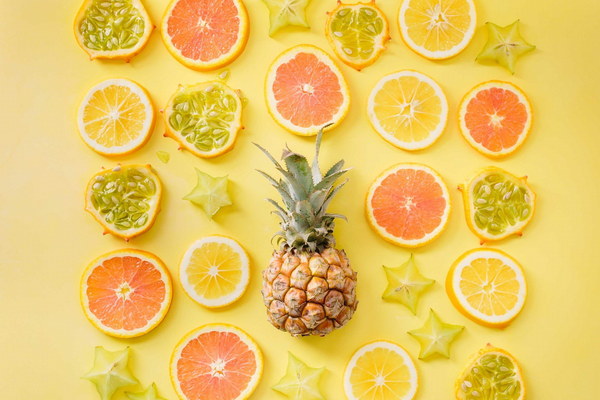
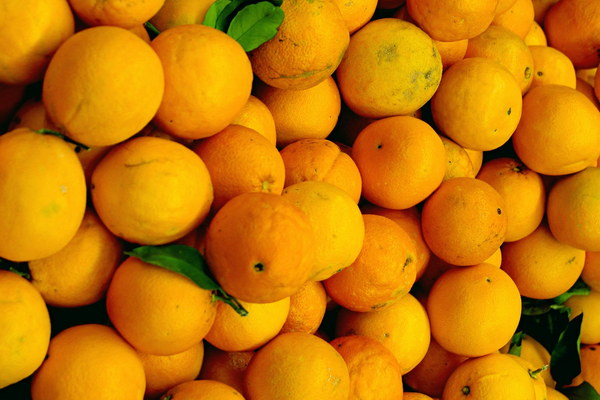

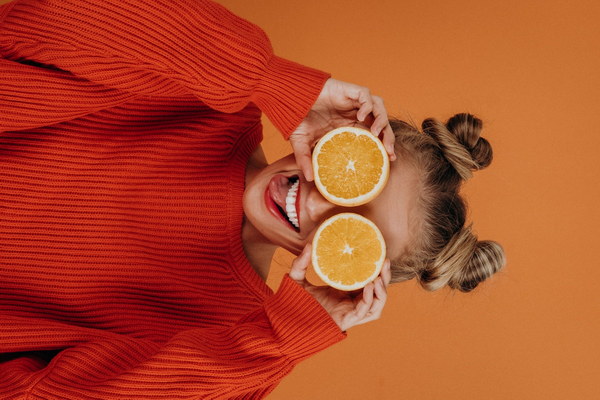
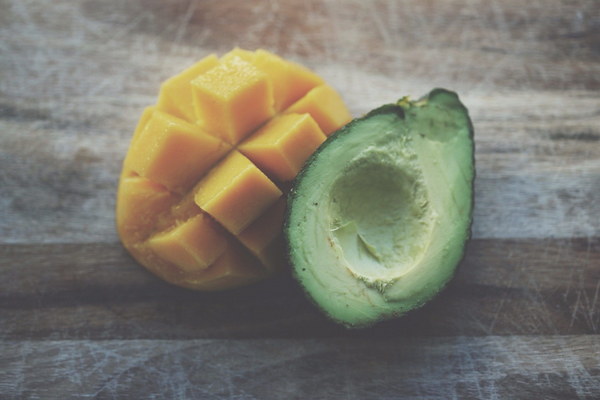
![Revolutionize Your Skincare Routine with the Ultimate Beauty Device from [Brand Name]](http://img.bluepurple.cn/a/养生/305/Revolutionize-Your-Skincare-Routine-with-the-Ultimate-Beauty-Device-from-Brand-Name.jpg)
